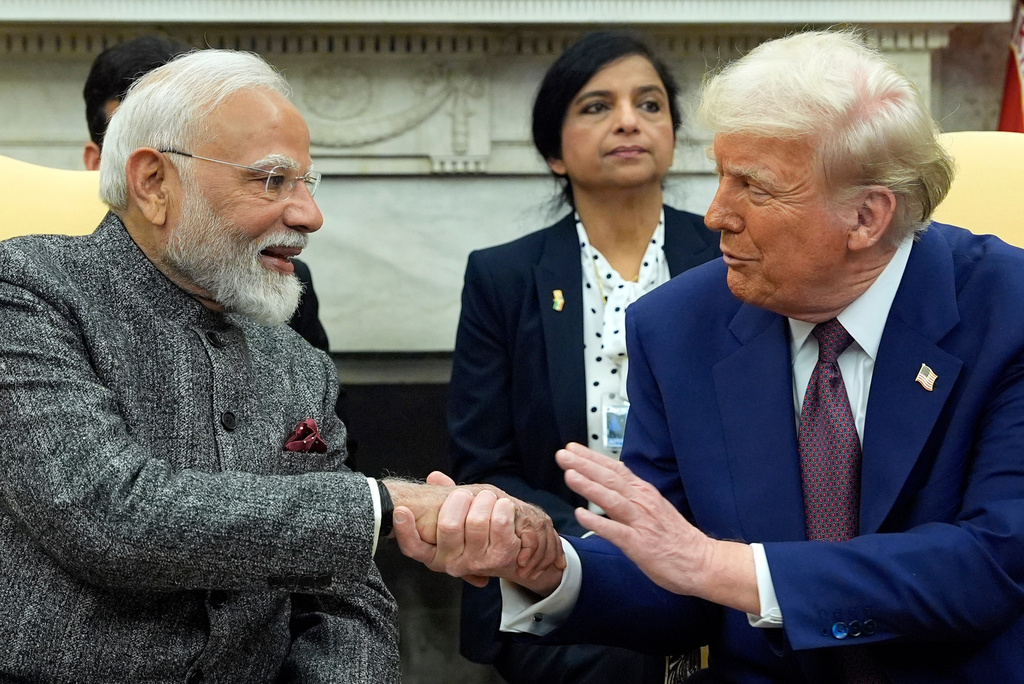India to Halt Russian Oil Imports After U.S. Sanctions on Rosneft and Lukoil

India is preparing to sharply reduce and soon nearly eliminate imports of Russian oil after Washington imposed sweeping sanctions on Rosneft and Lukoil, two of Moscow’s largest energy companies.
The Gaze reports this, referring to Bloomberg.
Executives from India’s state-owned and private refiners said the new U.S. sanctions effectively make it impossible to continue purchases.
“With this sanctions move, the Indian refiners may have to pull back way faster,” one senior executive told Bloomberg on condition of anonymity.
Since the beginning of 2025, Russia has supplied more than 36% of India’s total crude oil imports, data from the analytics firm Kpler shows.
The surge in imports had drawn criticism from President Donald Trump, who viewed India’s purchases as undermining efforts to pressure Moscow. It also complicated ongoing trade talks between Washington and New Delhi following the U.S. decision to raise tariffs in August.
The Trump administration’s latest decision, its strongest action yet against Moscow’s oil sector, comes as a major shock to Indian refiners, many of whom had just resumed operations after the Diwali holidays. The sanctions effectively disrupted the commercial relationship that had defined India’s post-2022 energy strategy.
One potential exception could be Nayara Energy, a refinery partly owned by Rosneft. After the EU introduced its own energy sanctions in July, Nayara had been processing almost exclusively Russian crude. However, analysts note that even Nayara may struggle to maintain operations under the new U.S. restrictions.
In the short term, Indian refiners are already redirecting upcoming orders to suppliers in the Middle East and Africa. Negotiations over Russian Urals crude have been frozen since mid-October, when President Trump said that Prime Minister Narendra Modi had pledged to phase out Russian oil purchases.
India’s state-owned refiners – Indian Oil Corp., Bharat Petroleum Corp., Hindustan Petroleum, and Mangalore Refinery – have declined to comment on the situation. Private giant Reliance Industries, which holds a long-term supply agreement with Rosneft, has also remained silent.
Representatives of Nayara Energy, responsible for roughly 16% of India’s imports of Russian crude this year, did not respond to media requests.
Following the U.S. sanctions announcement, Brent crude futures rose by about 3%, reaching $64.5 per barrel, though prices remain lower than during most of 2025.
“This is definitely one of the more meaningful measures the US has taken, but I think it will be blunted by the widespread use of illicit financial networks,” stated Rachel Ziemba, analyst at the Center for a New American Security. “So it really comes down to whether China and India are afraid of further escalation in secondary sanctions.”
As The Gaze reported earlier, the U.S. has imposed a new round of major sanctions targeting Russia’s energy giants Rosneft and Lukoil, in response to what Washington described as Moscow’s continued reluctance to engage seriously in peace efforts to end the Russian-Ukrainian war.